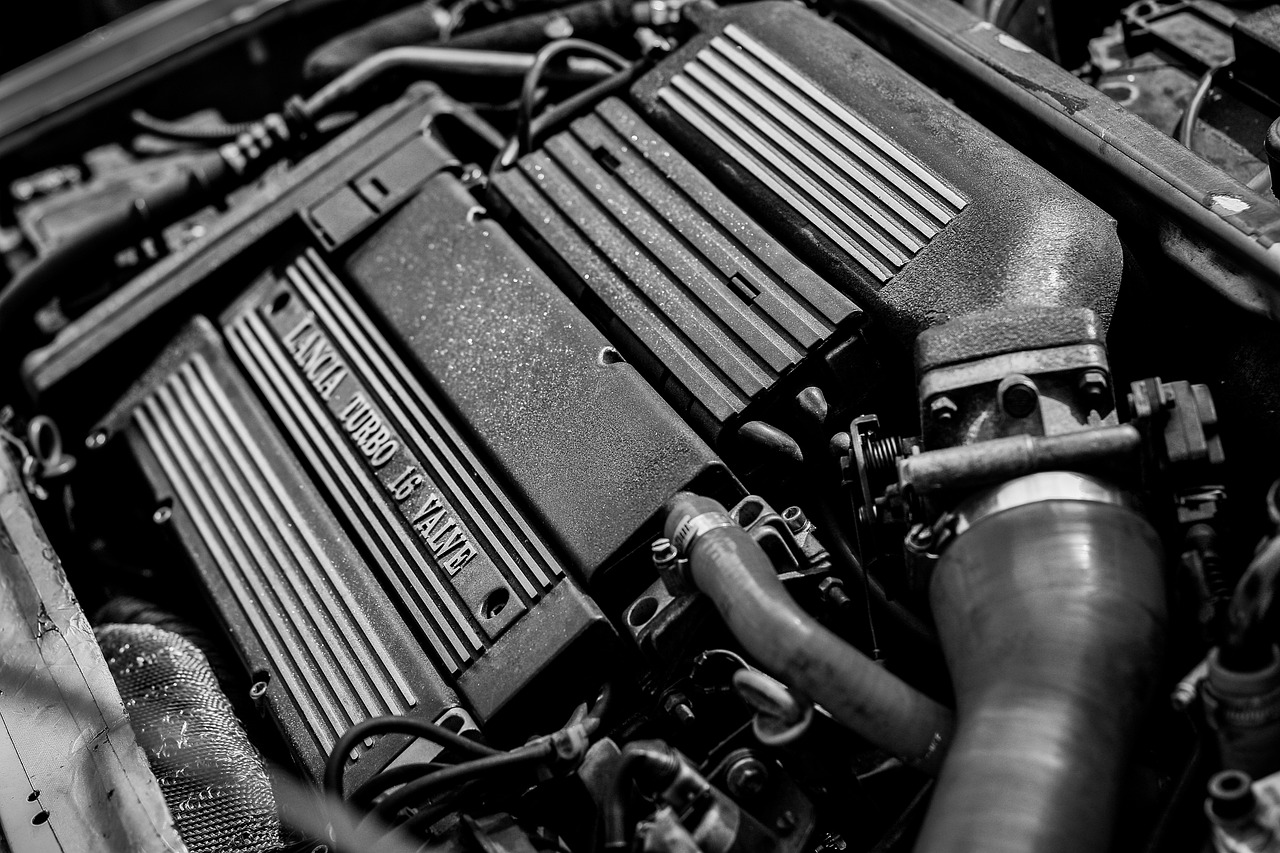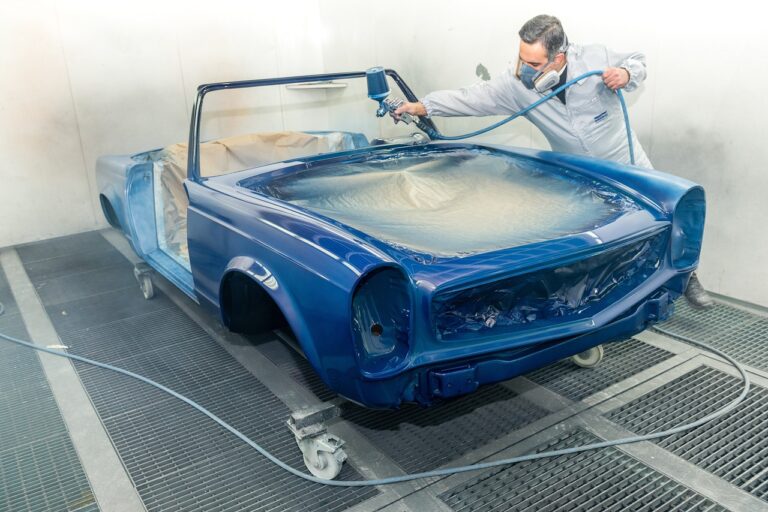Addressing Challenges in Brake System Manufacturing for Maritime and Marine Applications
sky247, gold365 login, gold 365 site sign up:Addressing Challenges in Brake System Manufacturing for Maritime and Marine Applications
In the world of maritime and marine applications, the reliability and performance of brake systems are crucial for ensuring the safety of vessels and their passengers. Whether it’s a large cargo ship, a ferry transporting commuters, or a recreational boat out at sea, having a robust brake system is essential for maneuvering, docking, and emergency stops.
However, manufacturing brake systems for maritime and marine applications comes with its own set of challenges. From harsh environmental conditions to the need for specialized materials that can withstand saltwater corrosion, there are several factors that need to be taken into consideration when designing and producing these critical components.
In this article, we will explore some of the key challenges that manufacturers face when it comes to brake systems for maritime and marine applications, as well as the innovative solutions they are implementing to address these challenges.
Quality Control and Compliance
One of the top challenges in brake system manufacturing for maritime and marine applications is ensuring that the components meet stringent quality control standards and comply with industry regulations. The marine industry is highly regulated, with specific requirements for safety, performance, and environmental impact.
Manufacturers need to invest in advanced testing equipment and processes to ensure that their brake systems can withstand the demanding conditions they will be exposed to at sea. This includes testing for corrosion resistance, durability, and performance under extreme temperatures and pressure.
Furthermore, compliance with industry standards such as ISO 9001 and certifications from classification societies like DNV GL and ABS are essential for gaining the trust of customers and ensuring that the brake systems meet the necessary safety requirements.
Material Selection and Corrosion Resistance
Another major challenge in brake system manufacturing for maritime and marine applications is selecting the right materials that can withstand saltwater corrosion and other harsh environmental conditions. Saltwater is highly corrosive and can quickly degrade metal components if they are not properly protected.
Manufacturers are turning to advanced materials such as stainless steel, aluminum alloys, and specialized coatings to improve corrosion resistance and increase the lifespan of brake systems. These materials need to be carefully selected based on the specific requirements of each application, taking into account factors such as temperature, pressure, and exposure to saltwater.
Innovations in materials science and surface treatments are playing a crucial role in developing brake systems that can withstand the rigors of maritime and marine environments, ultimately improving safety and reliability for vessels of all sizes.
Environmental Impact and Sustainability
In recent years, there has been a growing focus on sustainability and environmental impact in all industries, including maritime and marine applications. Manufacturers of brake systems are under increasing pressure to reduce their carbon footprint and minimize waste in their production processes.
One of the ways that manufacturers are addressing this challenge is by implementing sustainable practices such as recycling and reducing the use of hazardous chemicals. By optimizing their manufacturing processes and sourcing materials from environmentally responsible suppliers, brake system manufacturers can minimize their impact on the environment.
Additionally, advancements in technology such as energy-efficient braking systems and regenerative braking are helping to reduce fuel consumption and emissions, making maritime and marine applications more environmentally friendly in the long run.
Testing and Validation
Ensuring the reliability and performance of brake systems for maritime and marine applications is a complex process that requires thorough testing and validation. Manufacturers need to conduct extensive testing under real-world conditions to ensure that their brake systems meet the required safety and performance standards.
Testing for factors such as braking force, response time, and thermal stability is essential for validating the performance of brake systems in various operating scenarios. This involves testing the components in controlled environments as well as on actual vessels to simulate the conditions they will be exposed to in the field.
By investing in state-of-the-art testing facilities and working closely with customers to understand their specific requirements, manufacturers can develop brake systems that deliver optimal performance and reliability in all types of maritime and marine applications.
Supply Chain Management
Managing the supply chain is another critical challenge in brake system manufacturing for maritime and marine applications. With components sourced from multiple suppliers and manufacturers around the world, ensuring consistent quality and timely delivery can be a complex task.
Manufacturers need to work closely with their suppliers to establish robust quality control measures and ensure that all components meet the necessary standards before they are integrated into the brake systems. This involves conducting regular audits, inspections, and performance evaluations to monitor the quality of the supply chain.
Additionally, having a contingency plan in place for potential disruptions such as natural disasters, geopolitical events, or supply chain shortages is essential for minimizing the impact on production schedules and maintaining a steady supply of brake systems to meet customer demands.
Innovative Solutions and Future Trends
Despite the challenges that manufacturers face in brake system manufacturing for maritime and marine applications, there are several innovative solutions and future trends that are shaping the industry. From advanced materials and coatings to smart braking systems and digitalization, the future of brake systems in the marine industry is bright.
One of the key trends in brake system manufacturing is the integration of sensors and IoT technology to monitor performance in real-time and predict maintenance needs. By collecting data on braking behavior, temperature, and wear patterns, manufacturers can optimize the performance of brake systems and prevent costly breakdowns.
Furthermore, advancements in materials science such as carbon composites and ceramic coatings are improving the durability and corrosion resistance of brake components, making them more reliable and long-lasting in harsh marine environments.
Overall, the future of brake system manufacturing for maritime and marine applications is filled with opportunities for innovation and growth. By embracing new technologies, sustainable practices, and collaborative partnerships with customers, manufacturers can overcome the challenges they face and continue to deliver high-quality brake systems that meet the evolving needs of the marine industry.
FAQs
Q: What are the key challenges in brake system manufacturing for maritime and marine applications?
A: Some of the key challenges include quality control and compliance, material selection, corrosion resistance, environmental impact, testing and validation, and supply chain management.
Q: How are manufacturers addressing these challenges?
A: Manufacturers are implementing advanced testing processes, selecting specialized materials, reducing their environmental impact, improving supply chain management, and investing in innovative solutions such as smart braking systems and advanced materials.
Q: What are some future trends in brake system manufacturing for maritime and marine applications?
A: Future trends include the integration of sensors and IoT technology, advancements in materials science, and the adoption of sustainable practices to reduce the environmental impact of brake system manufacturing.







